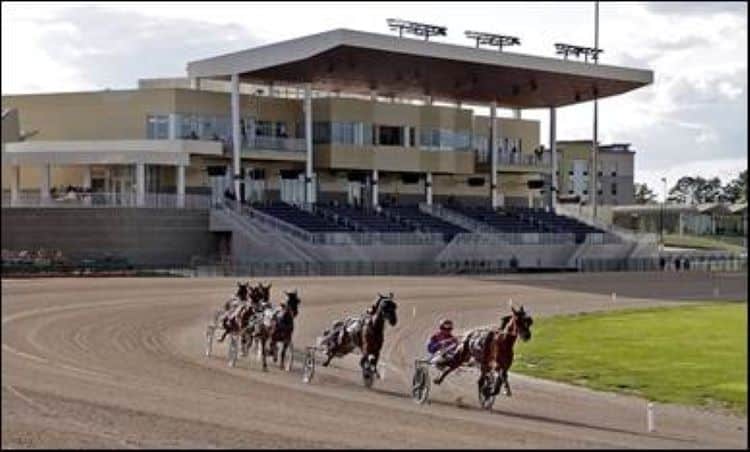When Ohio lawmakers crafted HB 29, the priority was to create a bill that would gain enough support from lawmakers and end up receiving Gov. Mike DeWine’s signature to legalize sports betting. Once DeWine signed HB 29 on Dec. 22, it was mission accomplished
The bill that reached DeWine’s desk included language that raised a concern for some stakeholders, however, in that it stated that mobile sportsbooks would be expected to pay taxes on a daily basis.
While casinos are normally required to pay taxes daily, that’s not considered the norm for sportsbooks, whose revenue is more unpredictable and which generate far less business than casinos. Paying monthly is considered the norm primarily because a sportsbook could be forced to pay 100% of the taxes on a huge win on a single day if there are no major losses to balance things out. By the same token, a sportsbook also would not be able to use a major loss on a single day to balance out any major winning days during the month.
Ohio House of Representatives Majority Floor Leader Bill Seitz, who represents the 30th District (western Hamilton County), was responsible for crafting the sports betting bill that ultimately found its way to the governor’s desk. It wasn’t long after the bill became law that concern about the frequency at which sportsbooks would be taxed was brought to Seitz’s attention.
“I am aware that this issue is a problem as the daily reporting does not fit nicely with the reality of sports betting,” Seitz told OH Bets via email. “Therefore, I anticipated that before sports gaming goes live in Ohio, we will pass something like the amendment, which is being circulated for consideration in upcoming legislation.”
A chaser bill has not yet been issued that will amend the plan to tax sportsbooks daily. But a mockup amendment calls for changing the reporting period on the sports betting tax, so that sports gaming proprietors could file tax returns monthly instead of daily.
Commission works to stay on schedule
The Ohio Casino Control Commission has spent the first quarter of the year working to receive final approval on five batches of proposed sports gaming rules. The process has been steady, but it hasn’t been without some challenges, including recent complaints from some stakeholders about limiting sports betting on colleges or about a two-kiosk limit on self-service sports betting terminals allowed for Type-C proprietors.
US: Ohio State University asks Casino Control Commission to limit sports #betting on colleges https://t.co/Ek5sbMCgjW via @YahooNews
— Janne Nikkinen (@DocNikkinen) April 19, 2022
Plenty of work remains to be finished by the commission even after all rules have been finalized. The entire process of accepting sports betting license applications from interested parties and issuing sports betting licenses isn’t expected to be completed until late summer or early fall.
Reaching the point where Ohioans will be able to place a sports wager within the state borders isn’t expected until late this year. The law states that sports betting must be launched by Jan. 1, 2023.








